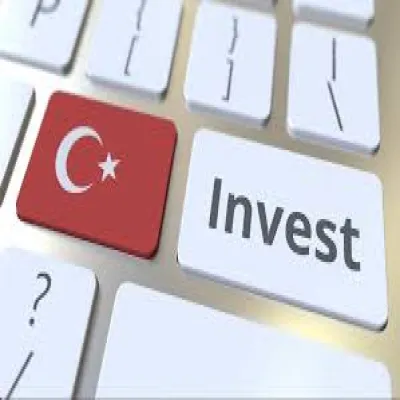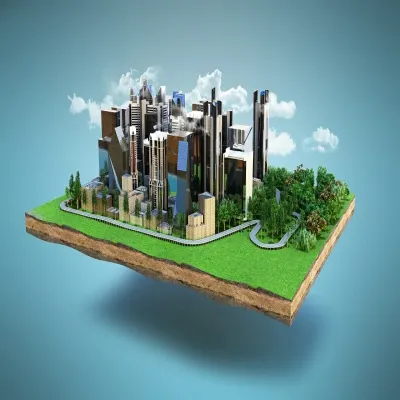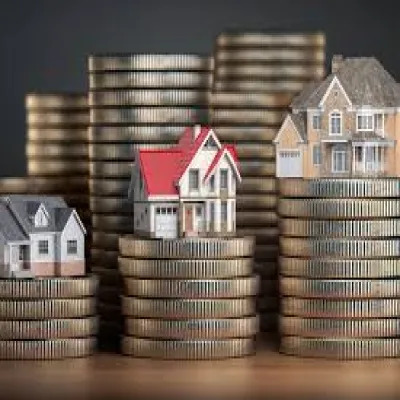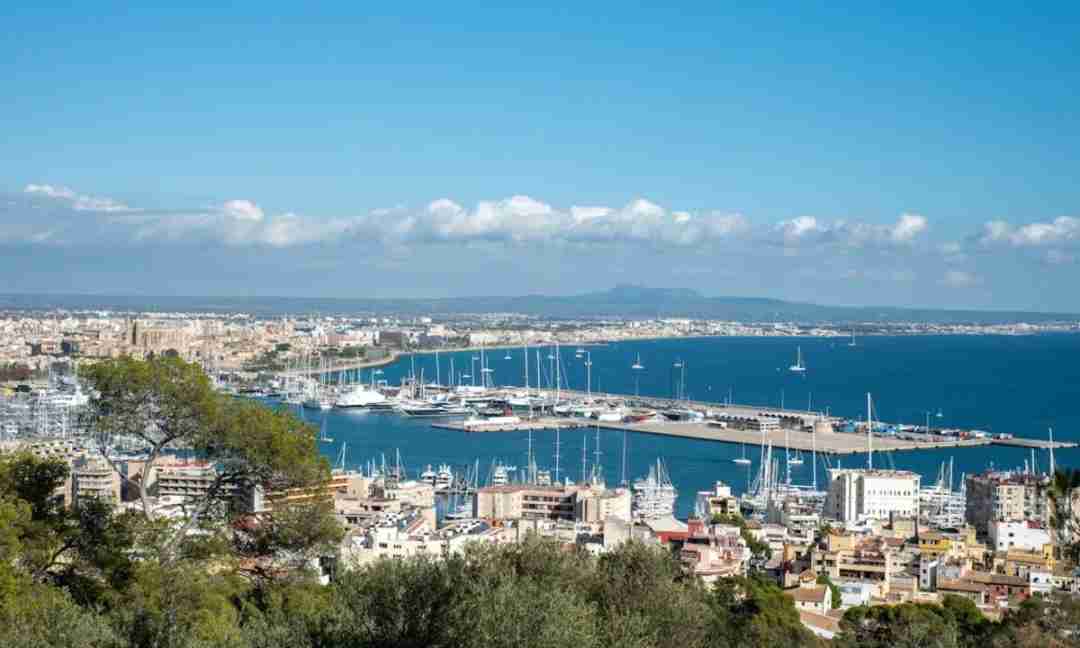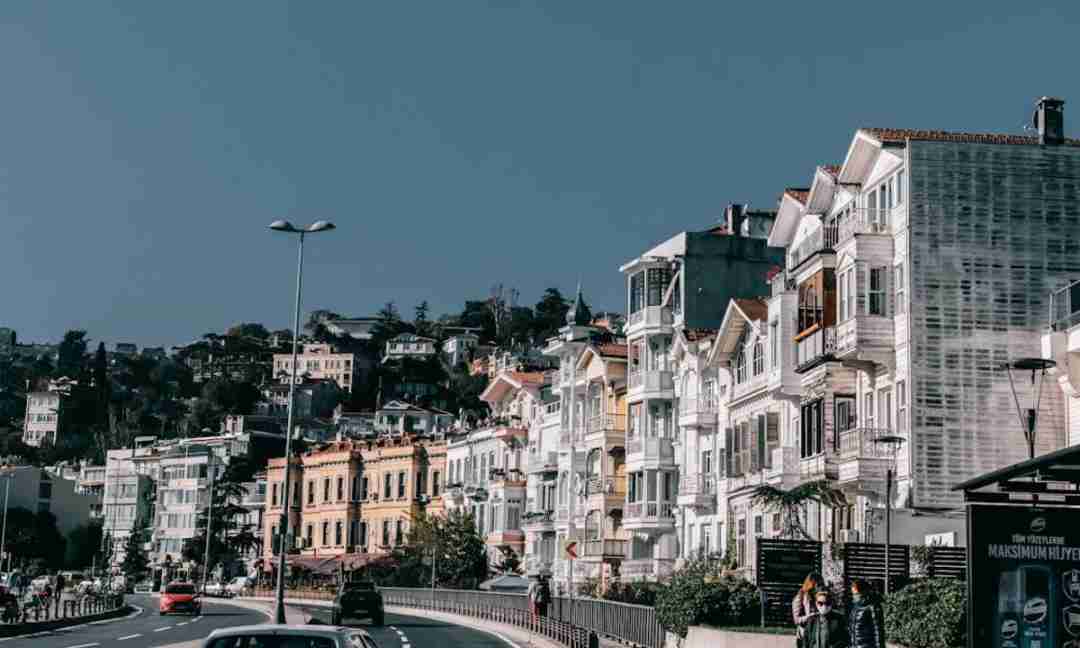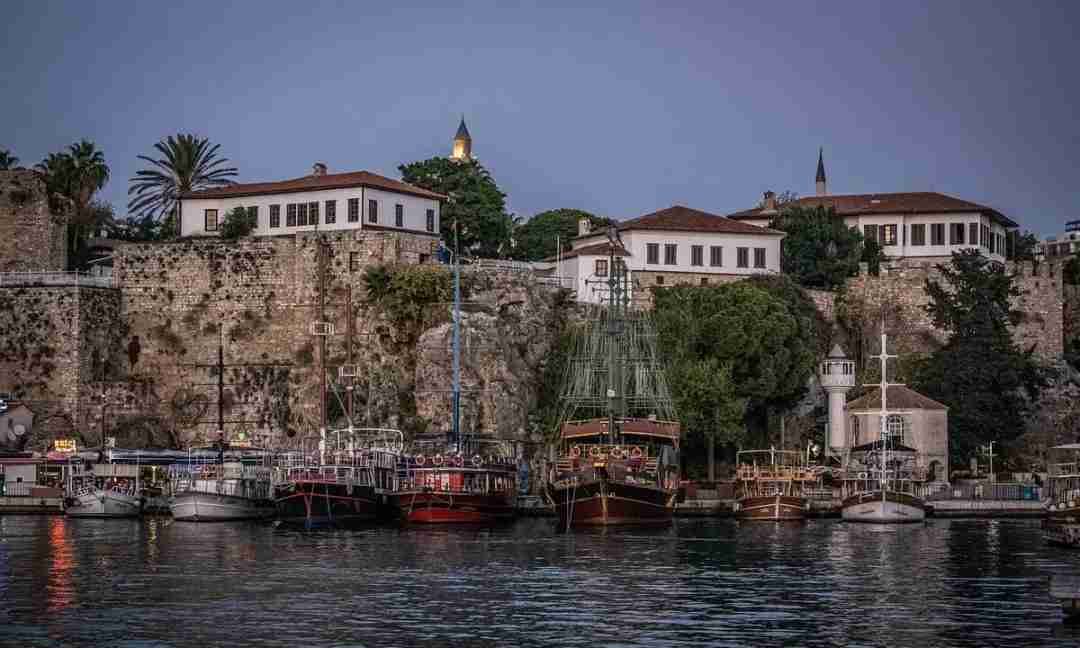Istanbul, Turkey’s historically rich metropolis, is not only a hub for cultural exchange and economic growth but also a rising star in the realm of eco-friendly real estate.
As sustainability becomes increasingly important worldwide, the Turkish real estate market is responding with innovative green building practices and environmentally conscious developments.
If you’re interested in eco-friendly real estate in Istanbul, Turkey, here’s a comprehensive look at the trends and innovations shaping the future of the city’s property market.
1. Green Building Certifications
One of the most notable trends in eco-friendly real estate in Istanbul, Turkey, is the growing emphasis on green building certifications.
Buildings that achieve certifications such as LEED (Leadership in Energy and Environmental Design) or BREEAM (Building Research Establishment Environmental Assessment Method) are recognized for their commitment to sustainability.
These certifications ensure that a property meets high standards for energy efficiency, water conservation, and overall environmental impact.
Developers in Istanbul are increasingly seeking these certifications for their projects, reflecting a broader commitment to sustainable construction practices. This trend not only enhances the value of properties but also appeals to environmentally conscious buyers looking for green living options.
2. Energy-Efficient Technologies
Energy efficiency is a cornerstone of eco-friendly real estate, and Istanbul’s property market is embracing cutting-edge technologies to reduce energy consumption.
Modern developments are incorporating advanced HVAC systems, energy-efficient windows, and smart lighting solutions. These technologies help minimize energy use, lower utility bills, and reduce the carbon footprint of buildings.
For instance, many new residential projects in Istanbul feature smart home systems that allow residents to control lighting, heating, and cooling remotely. This level of control not only enhances convenience but also ensures that energy is used more efficiently.
3. Sustainable Building Materials
The use of sustainable building materials is another key trend in Istanbul’s eco-friendly real estate market. Developers are increasingly opting for materials that are both eco-friendly and durable. This includes the use of recycled materials, low-VOC (volatile organic compound) paints, and sustainably sourced timber.
Bamboo, recycled steel, and reclaimed wood are examples of materials gaining popularity in new construction projects. These materials not only reduce the environmental impact of construction but also contribute to healthier indoor environments by minimizing exposure to harmful chemicals.
4. Green Roofs and Urban Gardens
Green roofs and urban gardens are becoming prominent features in Istanbul’s eco-friendly real estate landscape. Green roofs, which are covered with vegetation, provide insulation, reduce rainwater runoff, and improve air quality. They also create aesthetically pleasing spaces that enhance the overall appeal of buildings.
Urban gardens, whether on rooftops or within communal spaces, offer residents the opportunity to grow their own food and contribute to urban greening efforts. These gardens not only promote local food production but also create green spaces that enhance the quality of life in densely populated areas.
5. Water Conservation Measures
Water conservation is a critical component of sustainable building practices, and Istanbul is seeing a rise in the adoption of water-saving technologies. New developments are incorporating low-flow fixtures, rainwater harvesting systems, and efficient irrigation practices to minimize water usage.
For instance, some residential projects feature systems that capture and reuse rainwater for landscaping and other non-potable uses. This approach not only conserves water but also reduces the demand for municipal water supplies.
6. Sustainable Transportation Solutions
As part of its commitment to sustainability, the real estate sector in Istanbul is increasingly integrating sustainable transportation solutions into new developments. This includes the creation of properties with easy access to public transportation, bicycle facilities, and electric vehicle (EV) charging stations.
Developments that prioritize sustainable transportation help reduce reliance on private vehicles, decrease traffic congestion, and lower greenhouse gas emissions. For residents, these features provide convenient and eco-friendly transportation options, contributing to a more sustainable urban lifestyle.
7. Energy-Efficient Retrofits
In addition to new construction, there is a growing focus on retrofitting existing buildings with energy-efficient technologies. This involves upgrading older properties with modern, eco-friendly systems such as energy-efficient HVAC units, better insulation, and LED lighting.
Retrofitting not only improves the energy performance of older buildings but also extends their lifespan and reduces their environmental impact. Many property owners and investors in Istanbul are recognizing the value of retrofitting as a way to enhance property value and meet sustainability goals.
8. Community and Stakeholder Engagement
Successful implementation of eco-friendly practices often involves engaging with the community and stakeholders. In Istanbul, developers and local authorities are working together to promote sustainability and create eco-friendly living environments.
Community initiatives, such as green building workshops and sustainability awareness programs, play a crucial role in educating residents and encouraging the adoption of green practices.
Collaboration between developers, local governments, and environmental organizations helps drive the growth of eco-friendly real estate in Istanbul, Turkey.
9. Future Prospects and Innovations
Looking ahead, the future of eco-friendly real estate in Istanbul promises continued innovation and growth. Emerging technologies such as renewable energy integration, smart grid systems, and advanced waste management solutions are expected to further enhance the sustainability of new developments.
As the demand for green living options continues to rise, developers and investors will increasingly prioritize eco-friendly features and practices. This shift will not only contribute to a more sustainable city but also offer attractive opportunities for those interested in investing in Istanbul’s real estate market.
Conclusion
The eco-friendly real estate market in Istanbul, Turkey, is rapidly evolving, driven by a commitment to sustainability and innovation. From green building certifications and energy-efficient technologies to sustainable materials and water conservation measures, the trends and innovations shaping the market are setting new standards for environmentally conscious living.
For those looking to invest in or purchase property in Istanbul, keeping an eye on these eco-friendly developments can provide valuable insights into the future of the real estate market.
As Istanbul continues to grow and adapt, the integration of sustainable practices will play a crucial role in shaping the city’s urban landscape and enhancing the quality of life for its residents.
1.webp)

